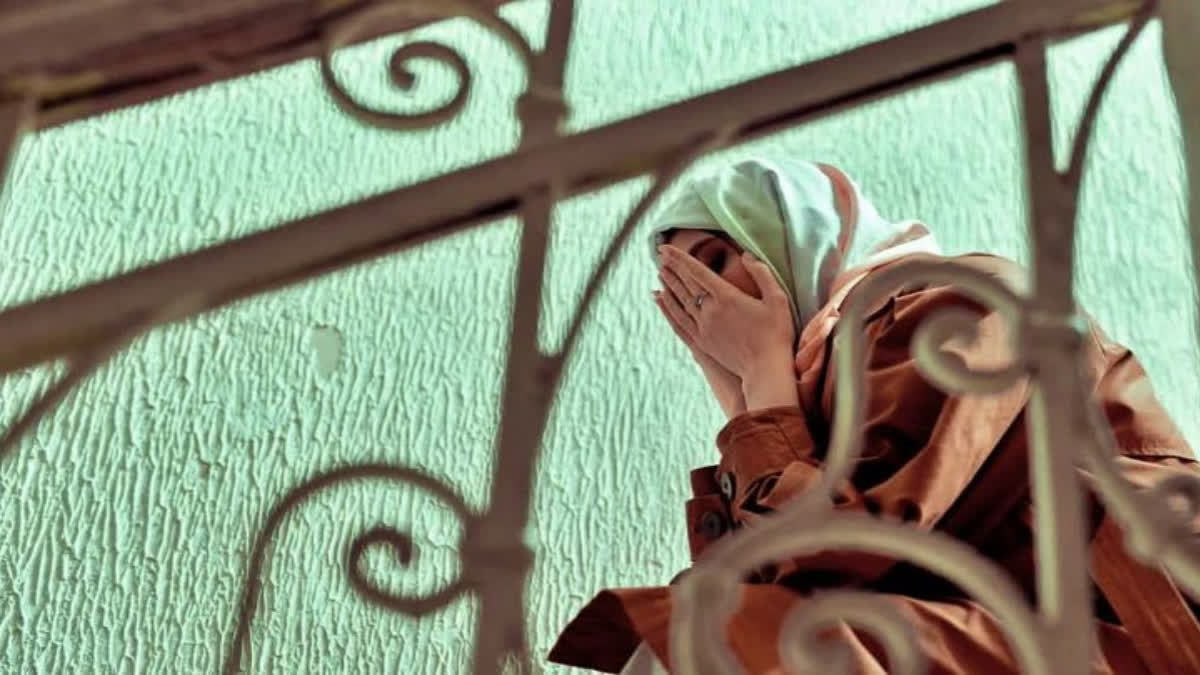Lucknow: The All India Muslim Personal Law Board (AIMPLB) is preparing to challenge a recent Supreme Court ruling that mandates the payment of maintenance to Muslim divorcee women beyond the period of 'Iddat'. The AIMPLB's legal committee is meticulously studying the Supreme Court order to explore all legal avenues.
The ruling has triggered a heated debate within the Muslim community and among various personal law boards. The AIMPLB's position is rooted in the belief that the order contradicts Islamic Shariat law, which stipulates that a husband is obligated to pay maintenance only during the Iddat period (a three-and-a-quarter month timeframe) following a divorce.
After this period, a woman is free to remarry or live independently, and the former husband is no longer responsible for her maintenance.Maulana Khalid Rashid Farangi Mahali, a member of the AIMPLB, expressed concerns about the implications of the order on gender equality. He said, "Our legal committee will review the order thoroughly. According to the Constitution, every citizen has the right to live according to the customs of their religion. For communities with personal laws, like Muslims, these laws guide their daily lives, including matters of marriage and divorce."
He further elaborated on the principles of Muslim personal law, highlighting that while marriage was intended to be a lifelong commitment, provisions existed for divorce if irreconcilable differences arose. He questioned the rationale behind extending maintenance obligations beyond the 'Iddat' period, arguing, "When there is no relationship, why should maintenance be paid? In what capacity should a man be responsible for someone with whom he no longer shares a marital bond?"
The AIMPLB is set to convene a meeting on Sunday to discuss the Supreme Court's order and deliberate on the legal options available. AIMPLB Spokesperson Syed Qasim Rasool Ilyas elaborated the board's stance, emphasising that the order was perceived as a violation of Shariat law and the constitutional protections afforded by the Shariat Application Act and Article 25, which guaranteed the freedom to practice religion.
"We are exploring all legal and constitutional remedies," Ilyas said."Our legal committee's findings will guide our next steps, which could include filing a review petition." In contrast, the All India Shia Personal Law Board (AISPLB) has expressed support for the Supreme Court's decision. AISPLB General Secretary Maulana Yasoob Abbas praised the ruling, framing it as a humanitarian gesture that prioritised the welfare of women.
"On humanitarian grounds, the court's order is very beneficial for women," Abbas said."Not everything should be viewed through the lens of religion. If a woman receives maintenance following a court order, it is a positive step for her. Those who bring religion into this debate should acknowledge the fact that a woman gives the best days of her life to her husband, his family, and their children. She gives her best in their service, but once she divorces, you turn your back on her."
President of All India Muslim Women Personal Law Board Shaista Amber said, "This order highlights the balance between religious doctrines and humanitarian considerations, raising questions about the interpretation and application of personal laws in contemporary society. I have fought for the rights of women, and they deserve maintenance for the rest of their lives, no one can turn their back on them after three months and 10 days' period."
Maulana Nazar, state Vice President, Jamiat Ulema-e-Hind, said, "The Constitution has given religious liberty, and the decision of the Supreme Court clashes with this provision of the Constitution. The court should take a look into the provisions of Muslim law. Under such circumstances, the court should review its order."



